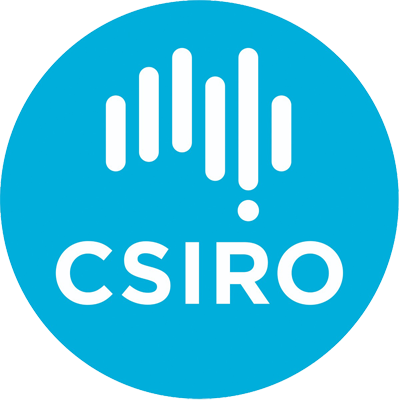Data science is a dynamic and multi-faceted field offering various career pathways. Here’s a detailed look at some prominent roles and how to embark on a career in each:
1. Data Analyst
Role: Data Analysts interpret data and turn it into information which offers ways to improve a business. They perform statistical analyses, create data visualizations, and generate reports.
Skills: Proficiency in SQL, Excel, statistical analysis, and data visualization tools like Tableau or Power BI. Basic programming skills in Python or R are beneficial.
Pathway:
- Education: A bachelor’s degree in statistics, mathematics, computer science, or a related field.
- Experience: Entry-level positions often require internships or related work experience.
- Certifications: Consider certifications such as Microsoft Certified: Data Analyst Associate or Google Data Analytics Professional Certificate.
- Tools: Mastering Excel, SQL, and a visualization tool.
2. Data Engineer
Role: Data Engineers design, build, and maintain data pipelines. They ensure data is accessible, clean, and ready for analysis.
Skills: Strong programming skills in Python, Java, or Scala. Proficiency in SQL, data warehousing solutions (like AWS Redshift, Google BigQuery), and ETL tools.
Pathway:
- Education: A bachelor’s degree in computer science, engineering, or a related field.
- Experience: Experience with databases and data warehousing. Projects or internships in data engineering.
- Certifications: AWS Certified Data Analytics – Specialty, Google Professional Data Engineer.
- Tools: Familiarity with Hadoop, Spark, and ETL tools.
3. Data Scientist
Role: Data Scientists analyze and interpret complex data to help companies make informed decisions. They build predictive models and machine learning algorithms.
Skills: Advanced programming skills in Python or R, knowledge of machine learning, statistical analysis, data manipulation, and data visualization.
Pathway:
- Education: A master’s degree in data science, statistics, computer science, or a related field.
- Experience: Significant experience with statistical modeling, machine learning projects, and data analysis.
- Certifications: Certified Data Scientist (CDS), Cloudera Certified Data Scientist (CCP: DS).
- Tools: Expertise in scikit-learn, TensorFlow, Keras, and data visualization tools like Matplotlib, Seaborn.
4. Machine Learning Engineer
Role: Machine Learning Engineers focus on designing and deploying machine learning models into production.
Skills: Strong background in algorithms, machine learning frameworks (TensorFlow, PyTorch), software engineering, and programming.
Pathway:
- Education: A master’s degree or Ph.D. in computer science, machine learning, or related fields.
- Experience: Hands-on experience with ML projects and familiarity with deployment.
- Certifications: Google Cloud Professional Machine Learning Engineer, TensorFlow Developer Certificate.
- Tools: Proficiency in TensorFlow, PyTorch, and cloud platforms like AWS or Google Cloud.
5. Business Intelligence (BI) Developer
Role: BI Developers create and manage BI tools and interfaces, transforming data into actionable insights.
Skills: Expertise in BI tools like Power BI, Tableau, SQL, and knowledge of data warehousing.
Pathway:
- Education: A bachelor’s degree in computer science, information systems, or a related field.
- Experience: Experience with BI tools and reporting, understanding of business operations.
- Certifications: Microsoft Certified: Power BI Data Analyst Associate, Tableau Desktop Specialist.
- Tools: Mastering Tableau, Power BI, and SQL.
General Tips for Entering Data Science:
- Education: Strong foundation in mathematics, statistics, and computer science.
- Online Courses: Platforms like Coursera, edX, and Udacity offer specialized courses.
- Projects and Internships: Gain practical experience through projects and internships.
- Networking: Join data science communities, attend conferences, and connect on LinkedIn.
- Portfolio: Build a portfolio showcasing your projects, especially those involving real-world data.
Pursuing a career in data science involves continuous learning and adapting to new tools and technologies. With a strategic approach to education and skill-building, you can navigate the various pathways in this exciting field.













 20 Jun 2024
20 Jun 2024



